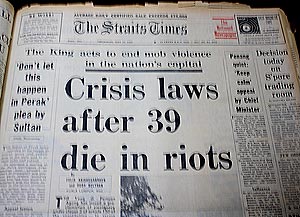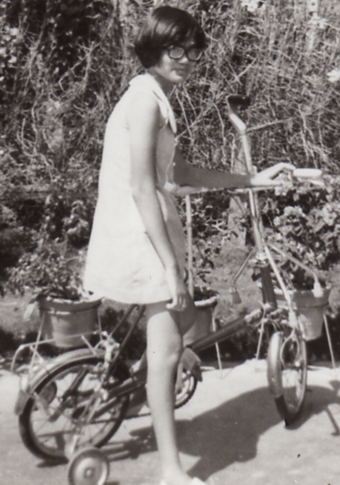this is part of a set of blogs in preparation for a chapter in a journal which asked me to write ” on your work in relation to your personal activism and advocacy with the onset of austerity, and the intersectional tensions as a disabled women involved with a diverse set of communities. In particular we thought you may want to contribute a chapter about your personal reflections, that rigorously capture the new and emerging issues for disability activism” …..
I think of myself as privileged because I knew my parents loved me unconditionally and my siblings are pretty good to me too. My parents were immigrants in Malaysia, they were barely out of their teens when I was born and 3 years later they had a second child and I was stricken with polio. They were very poor and I needed medical care, there was no NHS there and my father worked incredibly hard to afford the medical treatment I needed. My parent’s friends advised them to give me away to an orphanage and try again for other children but my parents did not, they hung on to me.
People at school marveled at my mother’s devotion to me, she carried me everywhere until I got too heavy. She fought for me to get into the right classes even if they were upstairs. She spent hours tirelessly teaching me to cycle on a little tricycle. I think my primary school bent over backwards to accommodate me as much as they could.

So why do I say I was privileged being born of poor parents, in a developing country which was just gaining independence from England. Maybe I should just say I was lucky. I was priviledged because I had great parents – who knew not much about parenting who did not speak English (English as the colonial language was a perequisite for getting a good job in the civil service). I think having had a poor childhood made me realise that just how lucky I was.
Now when I said that once, a friend asked me quizically if I was having a Pollyanna moment. I could have been given away to an orphanage and left in a residential home in Malaysia where disabled children were given to make handicrafts to eke out an existence. I once visited such a home ran by a friend of my mum’s in an outskirt of Kuala Lumpur. I do not know what kind of life they lead, I did not want to know. I was too keen on distancing myself from those I considered unfortunate.. My parents had been saving for my education – they saw that I needed it most and when the time came, they send me to England to study.

Now in that backdrop, I also grew up in the aftermath of the May13th racial riots in 1969. I remember being given strict instructions not to put my head out of the window or I might be shot.
Not so long after that boat people also arrived from Vietnam. I think it gave my father a disquiet – even if he had escaped from Communist China and he had made a good living as a citizen in Malaysia, he did not feel safe for his children. He saw the discrimination against ethnic minorities, I remember him telling me that having an English education would give us an advantage above having had a university education in the Malaysian system, if ever we should get kicked out of the country.
With hindsight, I can see it gave me my first lesson in politics – my father was deeply Confucian, he would not agree with engagement with any form of politics. But I understood the uncertainty of place and identity. It is in no way comparable to the plight of modern day refugees but I understand the fear and the uncertainty.
But my education of politics and the importance of social justice came from the Catholic church and my mentors who were deeply spiritual people. They taught me about liberation theology and inculturation. I went to a convent school. But no, my convent school did not teach me about liberation theology – where I started realising about social justice – but it gave me access to a different way of thinking and inculturation taught me that I can embrace other faiths without abandoning my own heritage.
I was very fortunate to have as godparents, Sr Teresia Mowe and Br John D’Cruz, who understood a curious young disabled girl searching love and understanding – as much as their own busy schedules allowed. If you watch the video and see John’s work with slow learners, you will get the idea how open he is and his acceptance of people as they are. In my youth he was the one person who gave me confidence and taught me self acceptance and about relationships. I know over here, we hear much of the harm that the Catholic church but I learnt a path away from materialism and capitalism there, a thirst for learning and respect for spirituality. I am indebted to him for his brand of nurturing love and acceptance which was not at all judgmental even when I grew away from the faith.
One other person who had huge influence over my formative youth was my parish priest, Fr Surmon. He helped me with my homework and had an extensive library ( my hometown had no public library). He gave me books to read by Simone Weil and Teilhard de Chardin! So my reading consisted of Wordsworth, Jane Austin, Chinua Achebe, (school text books) Mills and Boon, Georgette Heyer, (what was available in the bookshops) and French philosophers (way over my head, my worst subject as an undergrad was philosophy!)




